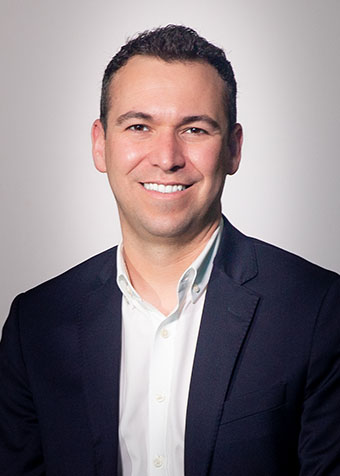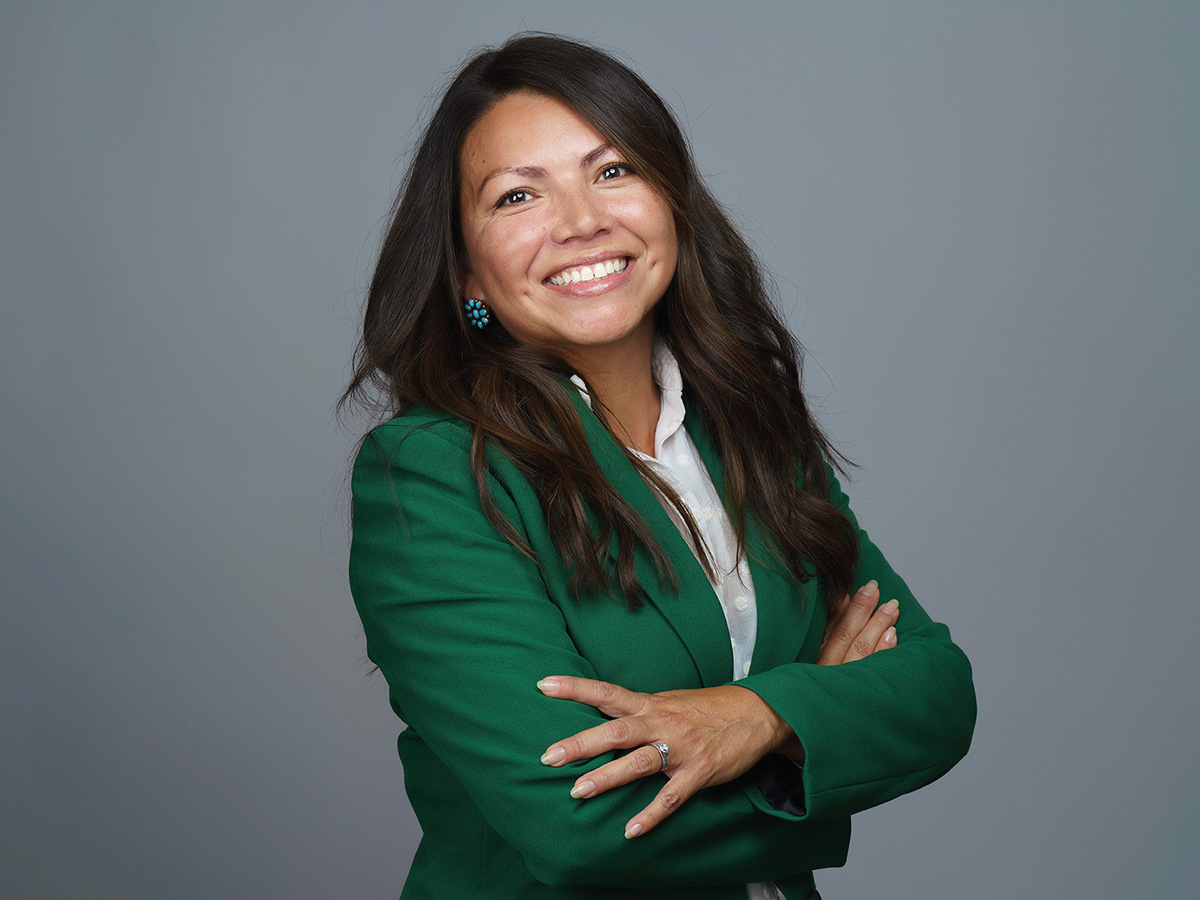Imagine your child being rushed to the emergency room after a serious car accident – the terror you’re feeling compounded by the fact that the doctors and nurses who are treating your child speak a language you don’t understand.
That was the real-life experience for one father who came to The University of New Mexico Hospital. He and his 13-year-old son, both from Mexico, were on their way to Michigan when the crash happened. The boy had broken both of his legs.
“The doctors were really worried whether the father was understanding everything that was going on with the child because they thought he had some brain trauma,” said Milly Castañeda-Ledwith, director of Community Engagement in UNM Hospital’s Department of Diversity, Equity & Inclusion (DEI).
As part of the DEI program, UNM Hospital has several interpreters on staff for patients who prefer a language other than English. In this case, a Spanish-speaking interpreter tried to talk to the father but discovered that the man and his son’s primary language was not Spanish. They spoke a Mayan language called Tzotzil, largely spoken by indigenous people in the Mexican state of Chiapas.

We have 24/7 Spanish interpreters in the emergency department so there's always somebody in person to provide services to our emergency room. The same is true for Navajo.
None of the hospital’s interpreters spoke the language, so staff members reached out to the Mexican consulate in Albuquerque for help. The consulate was able to find a Tzotzil interpreter at a Mexican consulate in Florida and put her on the phone to translate.
“Everyone in the room was moved – the doctors, everyone,” Castañeda-Ledwith said. “When the father was listening to the interpretation his face totally changed – his attitude, everything.” The team was able to put together a plan with the boy’s father before they left the hospital.
That partnership with the consulate is just one part of the services UNM Hospital’s DEI program provides to reach New Mexico’s non-English speaking population. UNM Hospital provides free interpreter services 24/7 in three modalities: in-person, phone, and video. The hospital also has contracts with external vendor interpreters who provide language services in more than 200 languages.
DEI executive director Fabián Armijo oversees an office that includes Interpreter Languages Services, Community Engagement and Native American Health Services. He says 17% of UNM Hospital’s patients are identified as non-English-speaking.
“The majority of the work is really interpreter services for our patients, their families, and our clinical staff,” Armijo said. “We have 24/7 Spanish interpreters in the emergency department so there's always somebody in person to provide services to our emergency room. The same is true for Navajo.”
Armijo used to be an interpreter. He says even when the news is bad, it’s critical that the patient clearly understands the information and that they have no doubts or questions about what was said to them. It’s equally important that health care providers fully understand what their patients are saying.
“There are a lot of myths and misinformation in the immigrant community – that when you go to the hospital, they're going to put you in a database and they're going to call U.S. Immigration and Customs Enforcement (ICE) on you,” he said. “People have to understand that we don't do that, we take care of everybody. Their legal status or citizenship is not a part of the conversation when they come to UNM Hospital for care.”
Armijo remembers a patient who had been flown to UNM Hospital from Alamogordo. She was only 26 years old and had systemic lupus. “She never sought health care because she didn't have a Social Security number and she hadn't gone through the process to become a citizen,” he said.
The young woman never got a chance to receive the treatment that could have helped her live a healthier life. When her husband arrived at the hospital, Armijo had to deliver the news that she had died. “He told me she was worried that she would be sent away, that they would take her away from the United States and she wouldn't be with her kids,” Armijo said, “So she just thought she would take her chances.”
“It's dangerous, and it really is life or death with people when they don't understand that they can get health care,” he said. “It's a sad story, but we were there for him, and he understood what happened, and we could also explain all the interventions that we did to try to save her, so he knew that she got the best care possible.”
Castañeda-Ledwith’s team goes out into the community at least twice a month to educate patients regarding their rights. “The biggest thing is to encourage people to advocate for themselves and inform them of resources available to them,” she said. Her team is also encouraging preventive treatment and stressing the importance of vaccines and overall wellness.
It’s a mission that is close to Castaneda-Ledwith’s heart. An immigrant herself, she says a lot of her work is focused on breaking a cultural cycle. “As humans, we all need medical care, and a lot of people in the Spanish-speaking community don’t look for help even if the illnesses they have are curable.”
“It’s about helping the new generation to change, to educate them to say, ‘No, you are also part of this community. You also have resources, and you have your rights. You can ask for an interpreter, and you can apply for financial aid, and you can be healthy.’”

